Today is all about getting things done yesterday. We want it now and tomorrow simply will not do. When we start something new we like to go hard and full throttle. No point in half measures.
Work wise this can be fantastic for generating momentum and getting a project done quickly. The readers of this newsletter are accomplished people and from my understanding like to "feel" when they have a project underway! A good kick up the arse and pressure on!
When it comes to our health... only 2% of people tend to succeed with the "mission impossible" approach.
We have all done it right? "I'm going to lose that winter weight in the next 6-8 weeks. I'm going to get stronger and leaner."
All I have to do is
- eat no carbs
- cut alcohol completely
- eat more veg
- eat more protein
- exercise hard 5/6 times a week
- drink much more water
- zero sugar
- cut down the socialising and dinners out
- sleep 8 hours
The trouble is, this "mission impossible" approach only works if we shut down all other things happening in our lives. We have to prioritise our health and fitness entirely.
If we are in our early 20's and bags of time available, then sure, it's possible.
If we are 35+, have a family, ageing parents, limited time and a business to run then priorities change and this approach is very unlikely to work.
"Mission impossible" also makes the assumption that we won't have any of life's roadblocks occur. Things like social commitments to close friends, broken sleep with kids and stress and a hectic travel schedule.
However when it comes to health and fitness, the mission impossible approach has such a small chance of succeeding that perhaps another approach is worth looking at.
As I always rave on about in my newsletters, the power of habit is so powerful. Maybe we can use this power to help us succeed.
Although a slower journey may seem less glamorous and one that takes many twists and turns, the results are always longer lasting and pleasantly surprising.
So where do we start and how to we apply this to a real life scenario?
Here are a couple questions to open our minds to how we might start.
1- do we have a system in place that is sequential and strategic?
2- do we have the skills that can be practiced daily to build the habits?
3- will this fit into my lifestyle without overwhelming me when life gets in the way?
Example 1
James tends to get to bed very late. This leads to him craving sugary foods, drinking vast amounts of caffeine and having a variable mood.
Strategy 1
James feels confident that he can practice going to bed 30 mins earlier for the next 14 days. He will set a reminder on his phone to get him to wind down. In order for this not to overwhelm him, he will do this during week nights only, and leave the weekends to enjoy.
Example 2
Another example could be Jane, who eats twice a day, but suffers from huge cravings later in the evening which has her reaching for the sweet snacks and desserts.
Strategy 2
Jane could explore the idea of having a super shake or a smaller snack between her two meals to help balance out her blood sugar and daily calorie requirement. She could use this super shake guide to teach her how to make a super shake. Jane could practice making one every day for the next 14 days and see if that had an impact on her cravings later in the evening. Jane could practice making just 1-3 variations of super shakes so she doesn't feel overwhelmed.
Example 3
A final example could be Jeff, who knows he needs to exercise more. but is just far to busy to fit it in. He has 3 kids, a demanding wife and a business to manage.
Strategy 3
Jeff could look at a variety of ways to fit his exercise into his day. Perhaps walking/ cycling to work. Taking the stairs not the elevator. Aiming to walk 10,000 steps throughout the day. Any one of these small steps would do. He can measure the steps in particular, aim to hit the target for 14 days and change his goal depending on how he got on. This hasn't involved getting a gym membership or drastically changing his routine.
Getting To The Point
The point is, we don't have to do a huge overhaul of our lives and then feel forever guilty when we don't achieve what we set out to. As long as we focus on just one thing at a time, small, strategic changes to our current lifestyle that we can stick to consistently will have a huge impact.
Having a longer term plan obviously helps a lot here, but this is a nice starting point.
What are you struggling with at the moment? If anything stands out, explore a couple of ways you could tackle it by making a small strategic change to your lifestyle. Make sure you are confident you can do it and see if you can do it consistently for for 14 days.
Yours in health
Patrick Fallis
Founder of Leaner
www.leaner-uk.com


